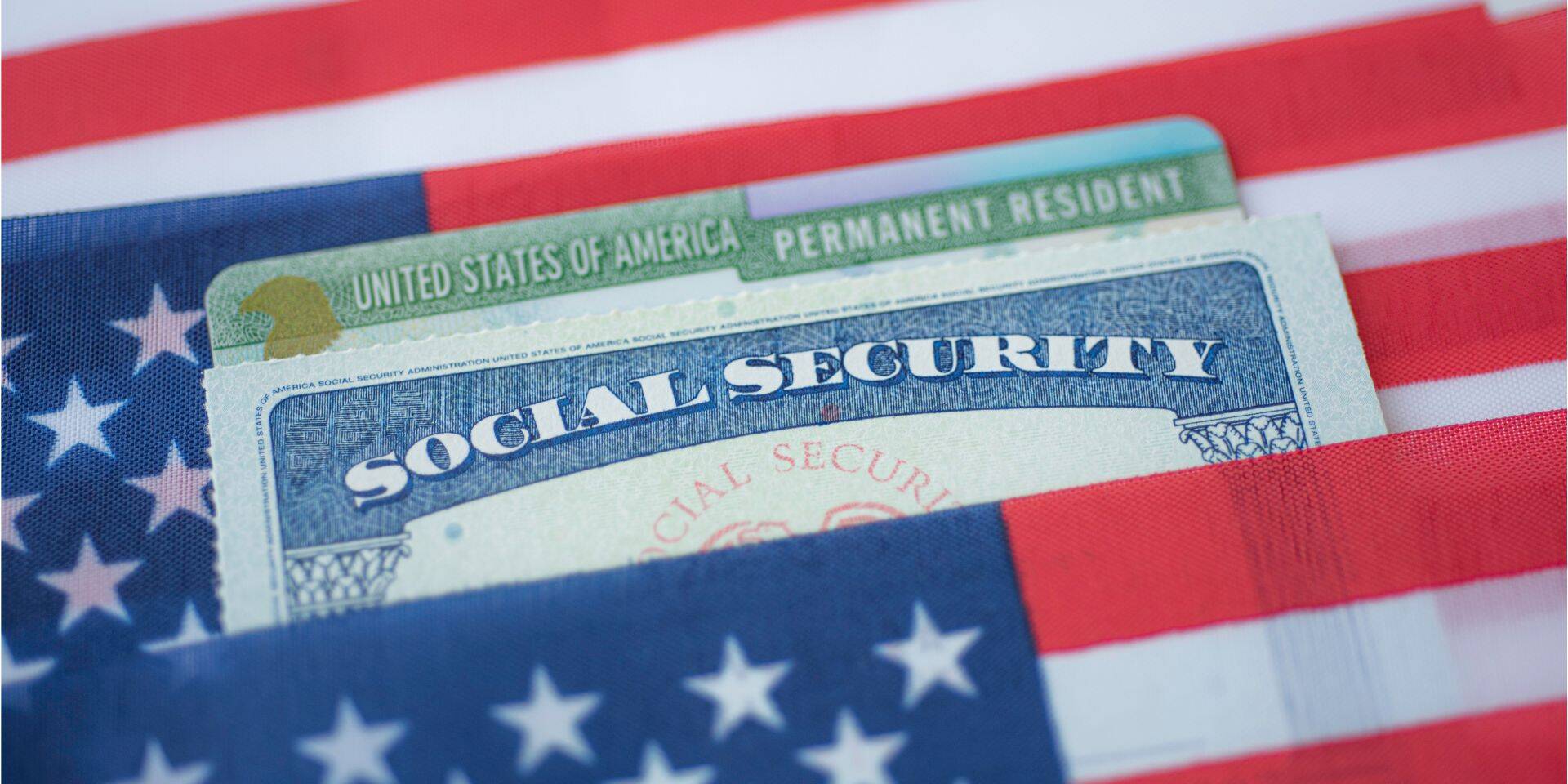President Biden announced an expansion of parole from Venezuelans to Nicaraguan, Cuban, and Haitian Nationals. Parole is a discretionary mechanism whereby U.S. Citizenship and Immigration Services (USCIS), Customs and Border Protection (CBP), and Immigration and Customs Enforcement (ICE) may allow non-citizens to enter and stay in the United States temporarily. It is not official status, though for some parole may help them qualify for permanent residency. For example, under the Cuban Adjustment Act, if a Cuban national is paroled and satisfies the other parts of the Act, they may be eligible to apply for a green card after a year of physical presence in the United States.
Because of an influx of Nicaraguans, Cubans, and Haitians to the U.S. border, the Biden administration is allowing individuals from those countries to apply for parole through the CBPOne app from outside of the United States. This parole expansion will allow up to 30,000 individuals to apply for parole from a different country if they have an eligible sponsor and pass background checks. If approved, this will allow them to come to the United States and receive work authorization for a 2-year period.
The United States and Mexico have an agreement in place whereby Mexico will be taking back up to 30,000 individuals a month from Nicaragua, Cuba, and Haiti who attempt to enter the US through the U.S. border, Mexico, and Panama. If individuals from those countries present themselves at the U.S. border or otherwise enter the country without the proper documentation, the Biden Administration claims, they will not be eligible for parole and will be subject to expulsion.
The parole expansion is modeled after a parole measure for Venezuelans that took place late last year. The Biden Administration alleges that the number of Venezuelans attempting to enter the US unlawfully since the start of Venezuelan parole has been dramatically reduced. The Biden administration expects it will reduce the incentive for individuals to travel through Central and South America to get to the U.S. border.
Given the result of the Venezuelan parole, the Biden Administration hopes the expansion to Nicaraguans, Cubans, and Haitians (one of the largest groups at the border) will discourage unlawful entry to the United States by letting them apply for parole from their countries. These new measures are put in place under Title 42 – a covid era decree – whose fate is pending with the U.S. Supreme Court. Much like Title 42, this new measure has the potential of getting tied up in litigation. To have any meaningful and permanent immigration reform requires an act of Congress.
To read the full announcement from the Biden Administration please click here.
If you have questions about the new policy or any other immigration-related issue, contact us at ILBSG. We actively monitor all ongoing updates to U.S. immigration to ensure our clients get the right advice.
Related Posts
April 17, 2025
Expanded DHS and FBI Involvement Driving More Green Card Holder Removals
The expansion of DHS, USCIS, and FBI…
April 17, 2025
F-1 Students Anticipate Visa Cancellations and Removals
F-1 visa cancellations have raised…
April 17, 2025
H-1B Holders Face Layoffs Along with Possibility of Removal
H-1B holders are facing mounting…



